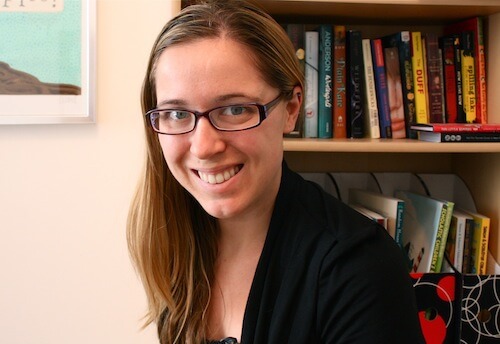
One of the unique features of the Harriette Austen Writer’s Conference, an offering not found at most large-scale author gatherings, is the opportunity for writers to submit a portion of their manuscripts for evaluation by a writing industry professional. While most conferences advertise the presence of a handful of literary agents at the events who will gladly listen to authors “pitch” their manuscripts, the Austen conference affords attendees the much more sought after and beneficial one-on-one critique.
Unlike a query letter, which an author sends out to potential agents as a foot-in-the-door introduction, a pitch requires the author to take the much more difficult approach of summarizing almost his entire manuscript in only three or four sentences. Many authors attend conferences hoping for the opportunity to share a few quick details about their manuscripts, enticing the agents into requesting to see the entire work.
Attendees at the Austen conference can register for the opportunity to spend fifteen minutes with an evaluator who has read their manuscripts weeks in advance, giving them ample time to offer suggestions to improve the work and therefore improve the authors’ chances for traditional publication. Mary Kole, literary agent with Andrea Brown Literary Agency, was one of the speakers and evaluators for this conference, spoke with GoodEReader.com about the expectations from both the authors and the agents.
“I would rather see writing at an event like this than take pitches,” comments Kole. “Pitching is very different. I represent writers. I sell books, not pitches. When you take submissions ahead of time, the author gets a fifteen minute slot of time, which gives us time to actually be productive. We talk about the author’s actual writing.”
Unfortunately, a significant number of writers who take advantage of the manuscript submission process fail to reap the full benefit by not seeing it for what it really is. “A lot of writers don’t look at this as an opportunity to talk to a professional about their work or their writing,” adds Kole. “They make the mistake of coming to the event having been told by everyone they know that theirs is the best book ever written, so they’re expecting an agent to whip out a contract and sign them on the spot. They treat it more like an American Idol audition than a chance to really learn a few things about their writing.”
For indie authors who plan to self-publish or digitally publish their works, this kind of interaction can still be very beneficial in terms of learning what about their writing really works. Agents are in the business of selling books, so a manuscript evaluation can give an indie author great feedback on what will make his book be more successful as he goes about selling it himself.
Mercy Pilkington is a Senior Editor for Good e-Reader. She is also the CEO and founder of a hybrid publishing and consulting company.